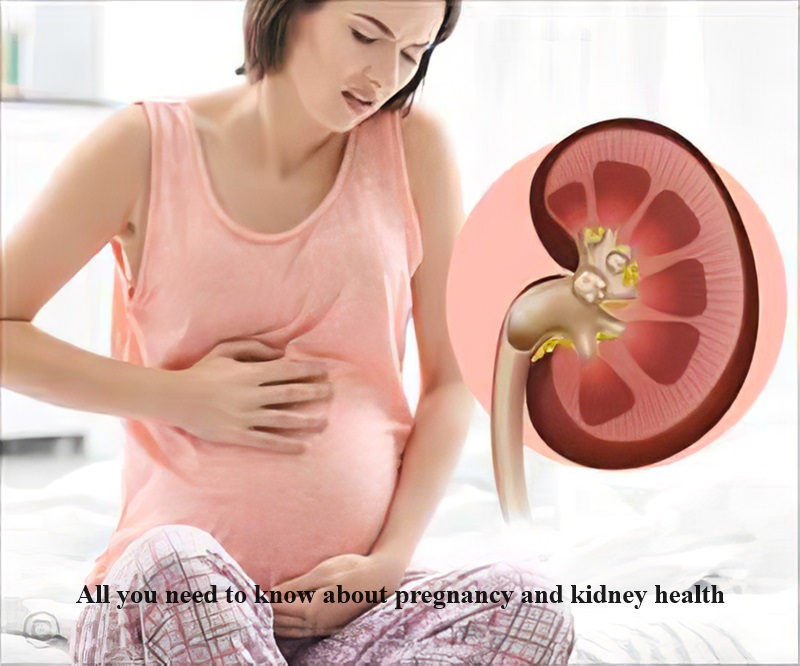
Kidneys play a crucial role in the body, as they are responsible for filtering waste products, controlling blood pressure, and maintaining the body’s electrolyte balance. When a woman is pregnant, her kidneys have to work even harder to eliminate waste products not only from her own body but also from the developing baby. This increased workload can be particularly challenging for women who already have kidney issues.
During pregnancy, various physiological changes occur that affect kidney function. One significant change is the increase in blood volume, which can rise by as much as 30% to 50% to support the growing fetus. This increase in blood volume adds extra pressure on the kidneys to filter the additional fluid. Additionally, hormonal changes, particularly an increase in progesterone levels, can affect the movement of urine through the ureters. This hormonal influence can lead to a reduction in ureteral peristalsis, causing the dilation of the ureter above the pelvic brim, a process known as hydronephrosis. This natural occurrence can result in urine stagnation, potentially raising the risk of developing kidney stones and complicating diagnosis.
Women who have pre-existing kidney conditions need specialized care and close monitoring during pregnancy. Conditions like chronic kidney disease (CKD) can heighten the risk of complications for both the mother and the baby. These complications may include preeclampsia, a condition characterized by high blood pressure and organ damage, including to the kidneys; preterm birth, where the baby is born before completing 37 weeks of gestation; low birth weight, with babies weighing less than 2.5 kg (5.5 pounds); and an increased risk of maternal mortality, where the mother faces a higher risk of death due to pregnancy-related complications. Therefore, it’s crucial for pregnant women with pre-existing kidney conditions to receive specialized care to mitigate these risks and ensure the best possible outcomes for both themselves and their babies.

Post Your Comments